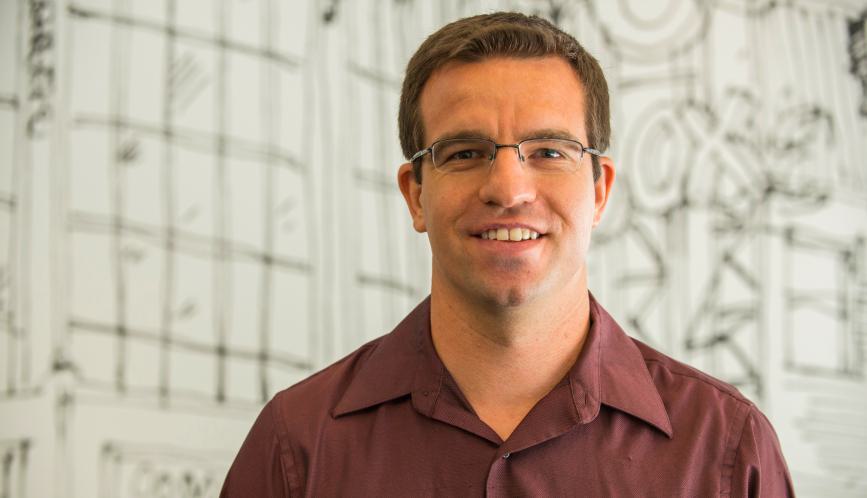IP network leader Tim Kautz is a researcher at Mathematica Policy Research and a co-organizer of HCEO's Conference on Measuring and Assessing Skills. He is an editor and co-author of a book that explores the importance of social-emotional skills, “The Myth of Achievement Tests: The GED and the Role of Character in American Life.” He completed his undergraduate degree in Economics at Stanford University and his Ph.D. in Economics at the University of Chicago. He is a former National Science Foundation Fellow.
Describe your area of study and how it relates to current policy discussions surrounding inequality.
I study skill development with a focus on non-cognitive skills that are not fully captured by test scores. These skills include self-control, persistence, and curiosity. Programs that develop these skills in disadvantaged children are an important avenue for reducing inequality. At early ages, gaps in these skills emerge between advantaged and disadvantaged children. Because these skills are an important determinant in later-life success, these gaps lead to inequality at later ages.
What areas in the study of inequality are most in need of new research?
I am interested in understanding exactly how to best develop skills in children and adolescents. We know that there are successful programs but have much to learn about the mechanisms through which they operate.
What advice do you have for emerging scholars in your field?
Keep an open mind – most questions can be interesting if you let them.



